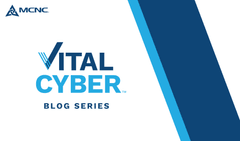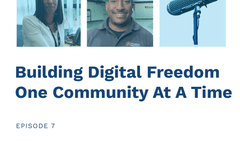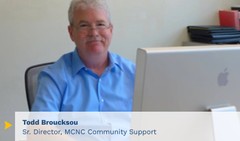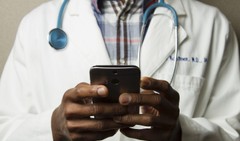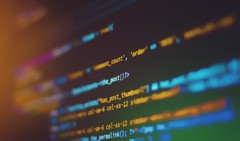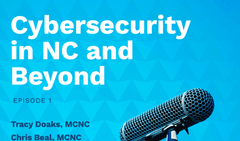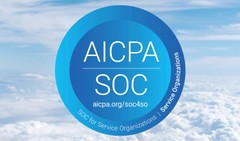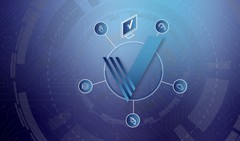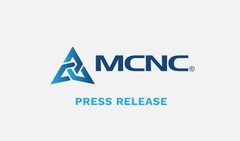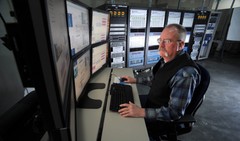The Importance of Cyber Hygiene for Students and Faculty

As the new school year kicks off, students and faculty are gearing up for a new academic year filled with learning and growth. In our increasingly digital world, prioritizing cyber hygiene is essential to protect personal information and institutional data from potential security breaches. This blog post will highlight the importance of cyber hygiene and offer practical tips and best practices to maintain a secure digital environment.
Understanding Cyber Hygiene
Cyber hygiene refers to the practices and steps individuals take to maintain the health and security of their digital systems and devices. Just as regular hygiene practices are essential for physical health, cyber hygiene is crucial for safeguarding against cyber threats such as malware, phishing, and hacking. Chris Beal, VP of Enterprise IT & Cybersecurity Initiatives / CISO at MCNC, draws a useful analogy between cybersecurity and human health. “People generally work hard to avoid getting sick: we get vaccines, wash our hands, and go to the doctor for regular checkups. In short, we practice good hygiene. But even when we practice good hygiene, we sometimes get sick. Does that mean we’re unhealthy? Not necessarily. Most people understand that it’s unreasonable to expect that you’ll never get sick. Good hygiene lowers our chances of getting sick and also helps us recover more quickly when we do happen to get sick. This idea of health as an outcome, made up of lots of factors—some of which are not under our control—is a better way to think about cybersecurity.”
Why Cyber Hygiene Matters
- Protecting Personal Information: Students and faculty handle a vast amount of personal information, including social security numbers, addresses, and financial details. Proper cyber hygiene ensures this sensitive information remains secure.
- Preventing Identity Theft: Cybercriminals often target educational institutions to steal identities. Good cyber hygiene practices can significantly reduce the risk of identity theft.
- Ensuring Academic Integrity: Protecting academic work from unauthorized access and plagiarism is vital. Effective cyber hygiene helps maintain the integrity of academic records and research.
- Safeguarding Institutional Data: Universities and colleges hold vast amounts of data, from student records to research findings. Maintaining cyber hygiene helps protect this critical information from breaches and leaks.
Tips and Best Practices for Maintaining Good Cyber Hygiene
1. Use Strong and Unique Passwords
- Create Complex Passwords: Use a combination of letters, numbers, and special characters. Avoid easily guessable passwords like “123456” or “password.”
- Unique Passwords for Each Account: Never reuse passwords across different accounts. This way, if one account is compromised, others remain secure.
- Password Managers: Use a password manager to store and generate strong passwords, ensuring you don’t have to remember each one.
2. Enable Multi-Factor Authentication (MFA)
- Add an Extra Layer of Security: MFA requires users to provide two or more verification factors to gain access, making it significantly harder for unauthorized users to access accounts.
- Regularly Update MFA Methods: Ensure your contact information for MFA is current and consider using app-based authenticators for added security.
3. Keep Software and Systems Updated
- Regular Updates: Install updates for your operating systems, software, and applications as soon as they are available. These updates often contain security patches that protect against vulnerabilities.
- Enable Automatic Updates: Where possible, enable automatic updates to ensure you always have the latest security fixes.
4. Be Cautious with Emails and Links
- Avoid Phishing Scams: Be wary of unsolicited emails, especially those that request personal information or urge immediate action. Verify the sender’s identity before clicking on any links or downloading attachments.
- Check URLs: Hover over links to see the URL before clicking. Ensure the website address matches the legitimate site.
5. Secure Your Devices
- Use Antivirus and Anti-Malware Software: Install and regularly update antivirus software to protect against malware and other threats.
- Lock Devices When Not in Use: Use passwords, PINs, or biometric security features to lock your devices when you’re not using them.
- Encrypt Sensitive Data: Encrypt sensitive files and data to protect them from unauthorized access.
6. Backup Important Data
- Regular Backups: Regularly back up important data to an external hard drive or cloud storage service. This ensures you can recover your information in case of a cyber attack or hardware failure.
- Verify Backups: Periodically check your backups to ensure they are complete and can be restored when needed.
7. Educate and Stay Informed
- Ongoing Education: Participate in cybersecurity training sessions offered by your institution. Staying informed about the latest threats and best practices is crucial.
- Share Knowledge: Faculty members should incorporate cybersecurity topics into their curriculum where applicable, helping to raise awareness among students.
Maintaining good cyber hygiene is essential for protecting personal and institutional data from cyber threats. By following these tips and best practices, students and faculty can create a safer digital environment, ensuring the integrity and security of their academic and personal information. As the fall semester begins, let’s prioritize cyber hygiene and commit to staying vigilant against cyber threats. By implementing these practices, students and faculty can significantly reduce their risk of falling victim to cyber attacks. Remember, a proactive approach to cyber hygiene is the best defense against the ever-evolving landscape of cyber threats. Stay safe and secure this year!
